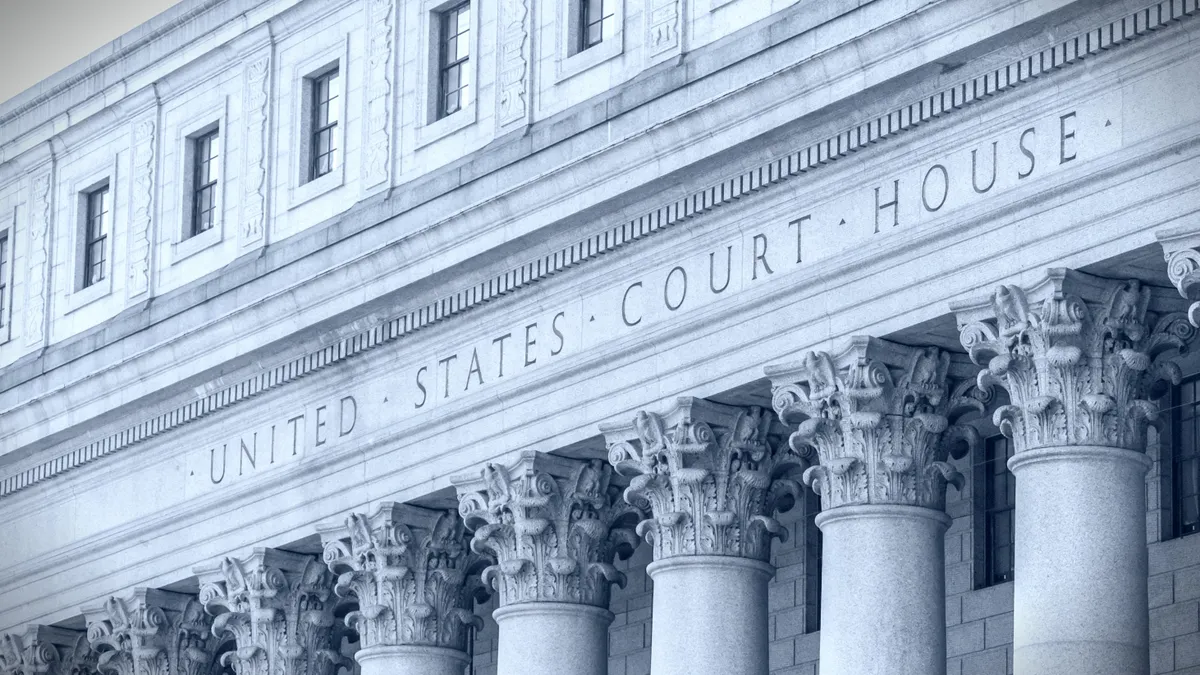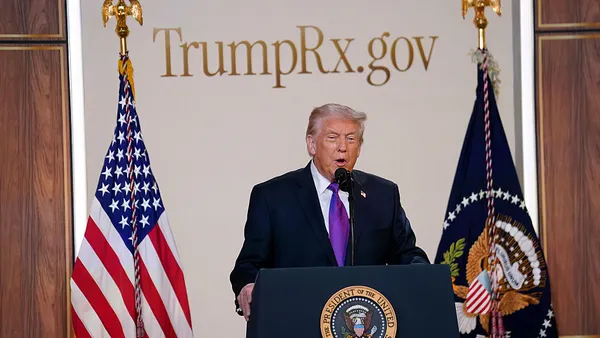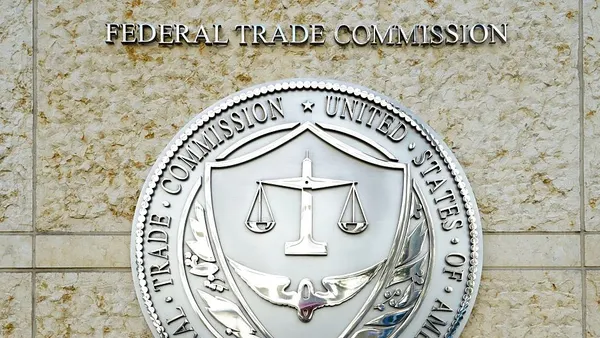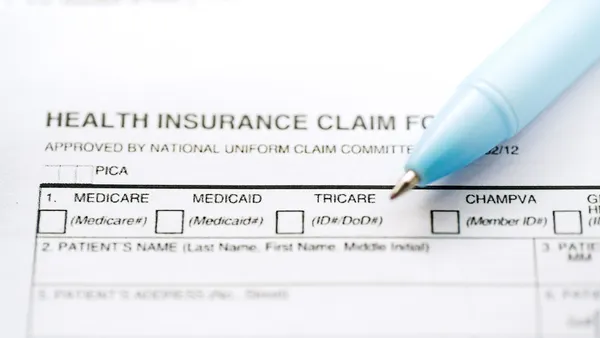Dive Brief:
- On Friday, Rhode Island District Court Judge Mary McElroy issued a preliminary injunction barring the Trump administration from cutting $11 billion in public health funding.
- Twenty-three states and Washington, D.C. had sued the HHS over the cuts, warning the funds were used to meet urgent public health needs, including tracking infectious diseases, providing mental health services and preparing for future pandemics.
- The ruling marks the second win for states. In April, McElroy granted plaintiffs an emergency restraining order against the cuts, citing a “voluminous” list of harms. On Friday, the judge doubled down on her original reasoning, writing the injunction, which which prevents the Trump administration from cutting funding while litigation proceeds, will “strongly serve the public interest in maintaining the states’ healthcare systems and initiatives.”
Dive Insight:
The lawsuit centers around funds allocated by Congress during the COVID-19 pandemic. In March, plaintiffs began to receive termination notices from the HHS declaring the pandemic “over” and saying the grants were no longer necessary.
States argued the money funds initiatives that extend well beyond COVID response, including funding crisis hotlines, distributing naloxone, a medicine that rapidly reverses an opioid overdose, and training first responders in crisis intervention. Plaintiffs filed thousands of pages of exhibits detailing alleged harms associated with terminating the funds.
Colorado, for example, stood to lose more than $229 million in funding if the cuts went into effect, challenging the viability of programs for high-risk children and individuals with severe mental illness, according to state Attorney General Phil Weiser.
North Carolina, which stood to lose approximately $230 million in funds, had to pause renovations to its state laboratory. The lab director told NC Health News that facility upgrades were necessary to ensure the state is equipped to handle future public health emergencies, like the COVID pandemic.
The states argue that the Trump administration is unlawfully attempting to supersede the legislative branch, and “with no advance notice or warning.”
The court has thus far sided with the plaintiffs.
McElroy, who was appointed by President Donald Trump in 2019, said Congress had already considered that the pandemic was “over,” as the Trump administration put it, during its June 2023 review of the allocated spending. At that time, lawmakers elected to pare back some of the funds, while leaving others in place, including the funding impacted by HHS’ cuts.
“The power that HHS has asserted here is a broad one: terminating $11 billion worth of funding based on its determination that the money is no longer necessary. The Court cannot see how it can claim that power based on the history of congressional action described above,” McElroy wrote in the order. “Agencies do not have unfettered power to further a President’s agenda.”
Further, McElroy said the states had detailed evidence of irreparable harms, noting there were “copious examples” of problems flowing from the cuts.
The suit is brought by attorneys general and governors from Arizona, California, Colorado, Connecticut, Delaware, Hawaii, Illinois, Kentucky, Maine, Maryland, Massachusetts, Michigan, Minnesota, Nevada, New Jersey, New Mexico, New York, North Carolina, Oregon, Pennsylvania, Rhode Island, Washington, Wisconsin and Washington D.C.














